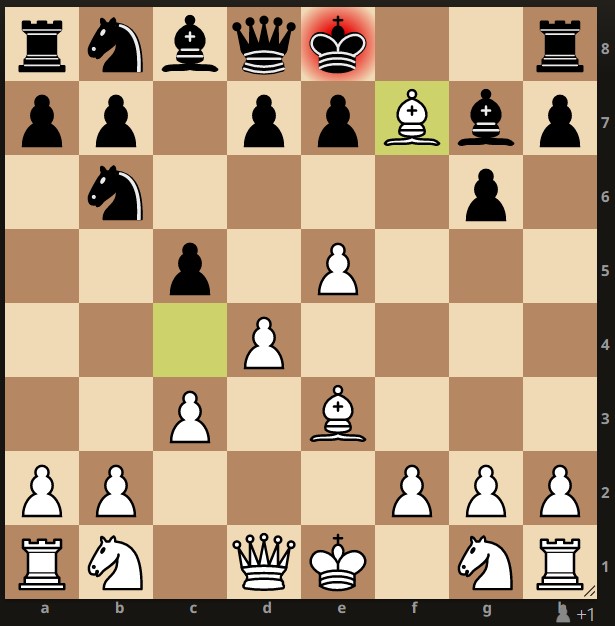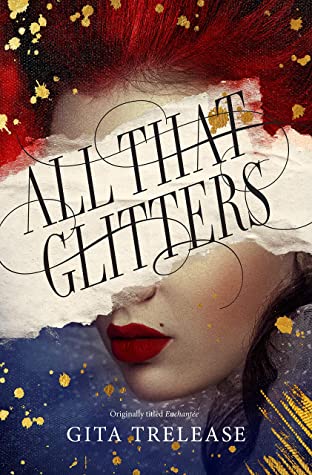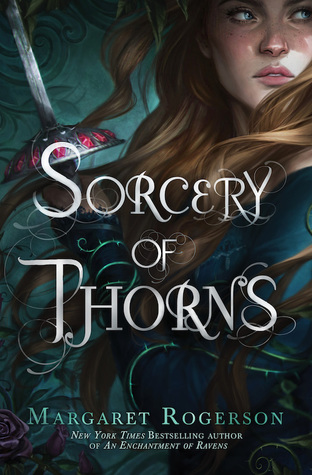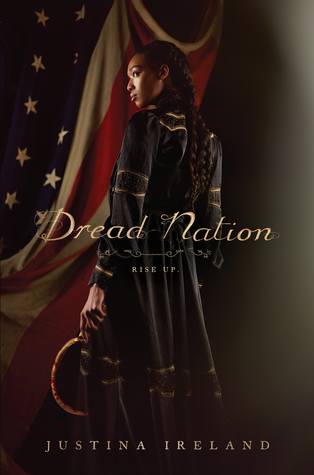
So yeah, I've decided to try out stock trading. I wanted to see how it works, how it feels and if it's a valid avenue for investment versus something like placing money in a bank. Long story short: it is! I fact, I would say placing money in banks feels stupid now. Will this make me a billionaire in Euros? No. But let me detail.
Usually, when people get some extra money they think: should I leave them in my expenses account or should I move a sum to a savings account? The difference being the amount of interest and some rules against retrieving money from the savings account. One account is for fast operations, the other is for the rainy days, one you think of in days, the other in months. Well, imagine you have to save money in order to someday retire. That's one you would think of in decades. Well, in that case, stocks are what you need.
Here is a chart of QQQ, a aggregate stock on the top performing stock, for the last 22 years. Its value rose consistently and grew 536%. That's 8.7% a year on average. In comparison, the average inflation rate in the same period is something like a third. Tell me, which bank will give you this interest?
But take a closer look. You see that big spike at the end? That's November 2021, when the U.S. market reached its apex, due to various reasons. Since then it plummeted, so the value now is the same as in June 2021. If you would have read a blog post like this and invested all your money in QQQ stock in November, you would have found a special set of skills, found me and killed me now. Or look on the left of the chart, to the spike there. In March 2000 the value increased to 118, only to then go down for a period of 16 years, only to grow 250% in the next 6 years!
So in the end, it goes to your trust in the world as a whole. Will it grow, stagnate or disintegrate? If you are optimistic in the long run or at least think that the next 20 years will go the same, then this is for you.
Of course, it was an interesting moment to start learning and experiment with stock trading in 2022. The boom that the trillions of US dollars injected by Biden in the economy because of Covid (so yeah, you read that right, the economy went up during the pandemic) ended, also the distraction caused by Covid which turned from an excitingly unexpected threat to life to an endemic virus that coexists with all the others we got used to. Now we have to look back at how to get those trillions paid, how much good Brexit does to the economy, how the European Union economy recovers and, to add insult to injury, another psychopathic world leader threatening World War III. Can you even think of making money on the stock market now?
The answer is again, yes! Did I make more money? No. But I didn't lose that much either and I believe that loss will disappear. I won't go into the details, but enough to say that while the stocks that took the market to that November high dropped, but other stocks that are considered safe, like the dividend stocks of huge companies, went up. And there is another hook: if the market goes down and you trust it to increase (on average) every year, that means the lower the stocks the higher they will rise in the future!
But, you will ask yourself, what am I missing? I everybody could do that, why don't they? Where is the high risk that everybody warns me about when talking about the stock market?
Well, first there are the short to medium term risks like the 2008 economic crisis or a measly World War. However, can you show me without looking at the years where is that crisis on the chart above? As I said, this is a "sure thing" only on large periods of time and while the global order remains largely unchanged. Also, money itself is a form of national stock. That's why you get inflation, where the buying power of the same sum of the same currency is vastly different from year to year. It's not a matter of money vs stock, but of stock vs stock, of managing risk.
Again with the risk! Where is it? Personally I think there is a huge psychological risk. Because you have a lot more options, you get more opportunities to fuck it all up. For example a guy sold his house and bought Tesla stock for all the money. He even tweeted to Elon Musk to encourage him to increase the value of the stock from $900 to $1000. The highest value for Tesla was 1222, but now it's 838. The guy could have increased his personal wealth 20% in just 20 days if he bought in October 2021. He didn't.
There is a huge pressure to perform when you gamble (and that's the correct word) with your money. You may take a few hundred Euros like me and play around, then the pressure is not that high, but if you put most of your savings into this, you always get to second guess yourself. Did I buy the correct thing? Oh, it's growing! Oh, it's going down! Oh, no, I am losing money, should I sell early or wait until it gets back up?
Sometimes you trust a company so much that it makes no sense to invest in something else. So you just buy the one stock. And then it goes bankrupt! Or the stock falls so much and forever that you have lost all of your savings. Having a diverse portfolio decreases your risk, but also your revenue.
There is a saying among traders that goes something like this: 95% of people trading are losing money and the rest of 5% bought some stock and then forgot about it for a few years. This says something about the safest way to proceed, but also tells you something about where the money from trading is coming from: those 95%.
So I am not an expert in any conceivable way, but I am going to try things out. There is a lot to learn, but when you push everything aside, there are two basic strategies: timing the market and investing long term.
Timing the market is to "buy the dip" when the stocks are low and sell them when they spike. The good news is that it makes you filthy rich, the bad news is that you can't time the market. And I am not joking. This is basically playing Roulette. If you consistently place your bets on the right number, you become filthy rich (or are thrown out of the casino), but that's theoretically impossible. And while a casino game is probabilistic, the market is actually fighting against you, adapting to strategies and making them obsolete in days (if not in minutes, considering you are competing with AI algorithms run by companies betting billions).
Investing long is what I described above. You take your savings (which come after you've bought your house, saved some in the bank and you have a comfortable sum left to live on) and you buy either diverse stocks from the top 500 or ETF (Exchange traded fund) which does this for you, for a small percentage. Invesco QQQ from above is an ETF, for example. And you do it with your monthly savings, every month. And you leave it alone. And you count your money (or lack thereof) when you retire.
That being said, there is a lot to learn about trading. The statistical indicators, what they mean, the math, the taxes, the way to investigate companies, how to structure your portfolio, the information sources, the gotchas, the various people and tricks that want to manipulate you and/or the market so that they make the money.










